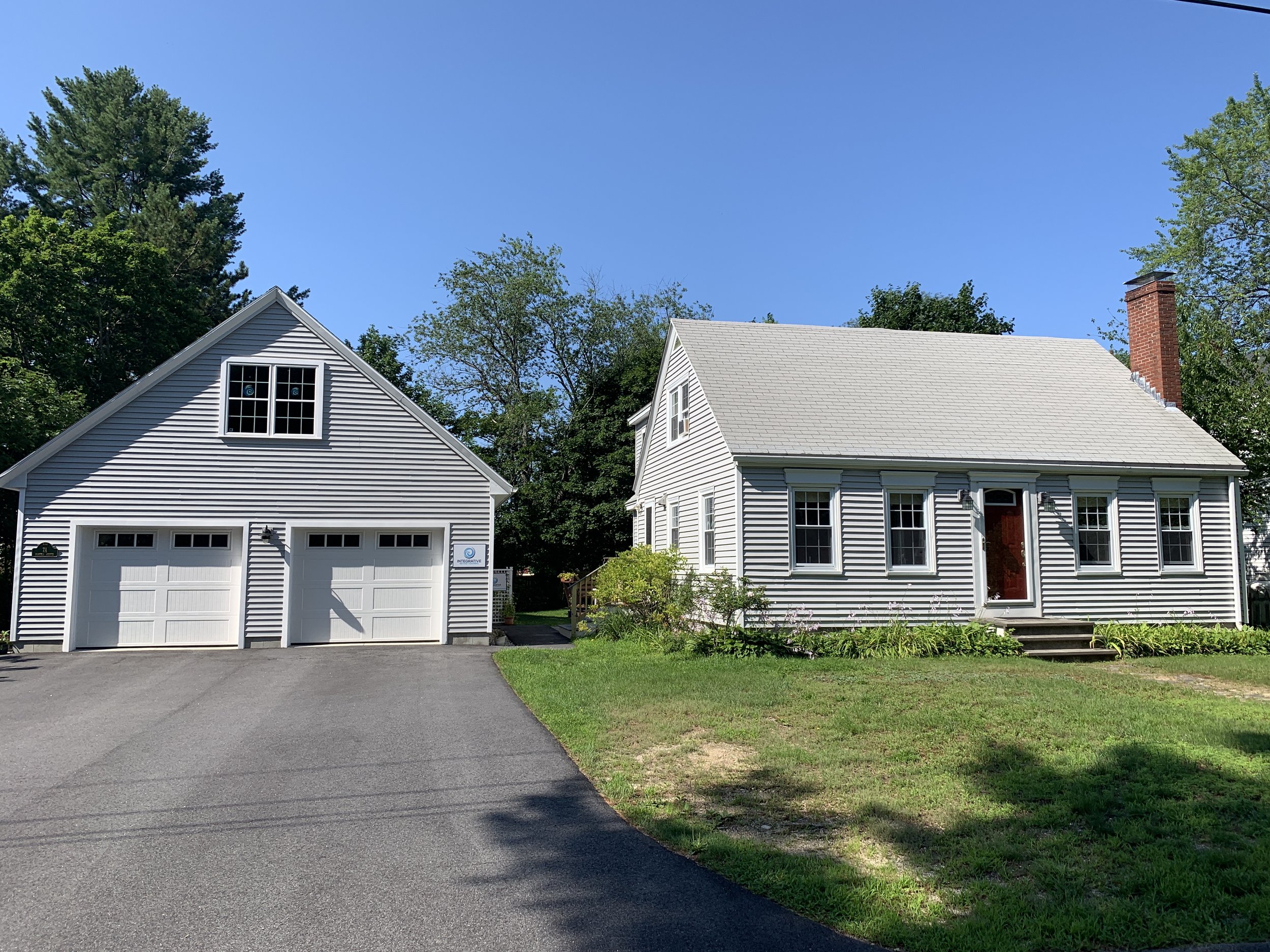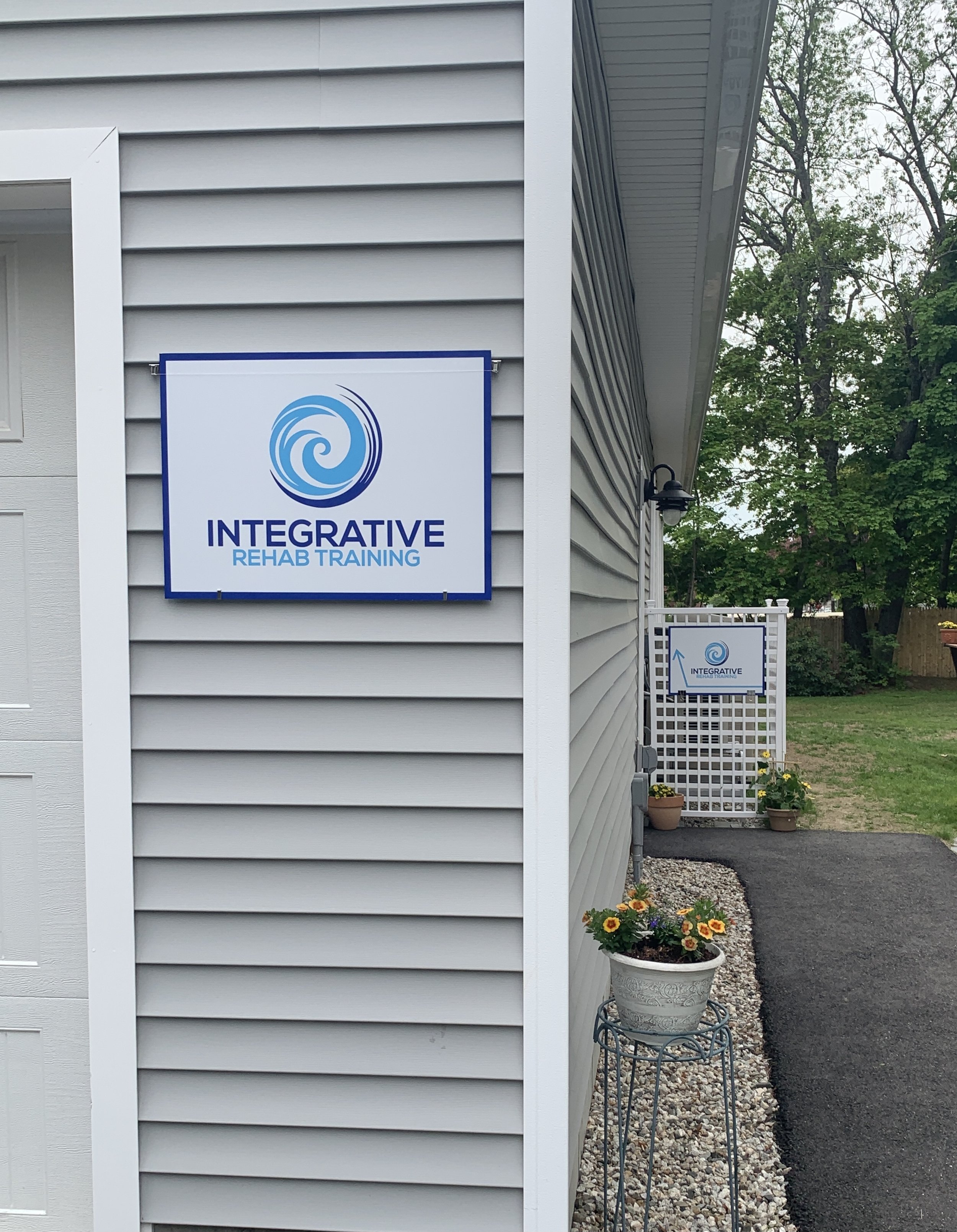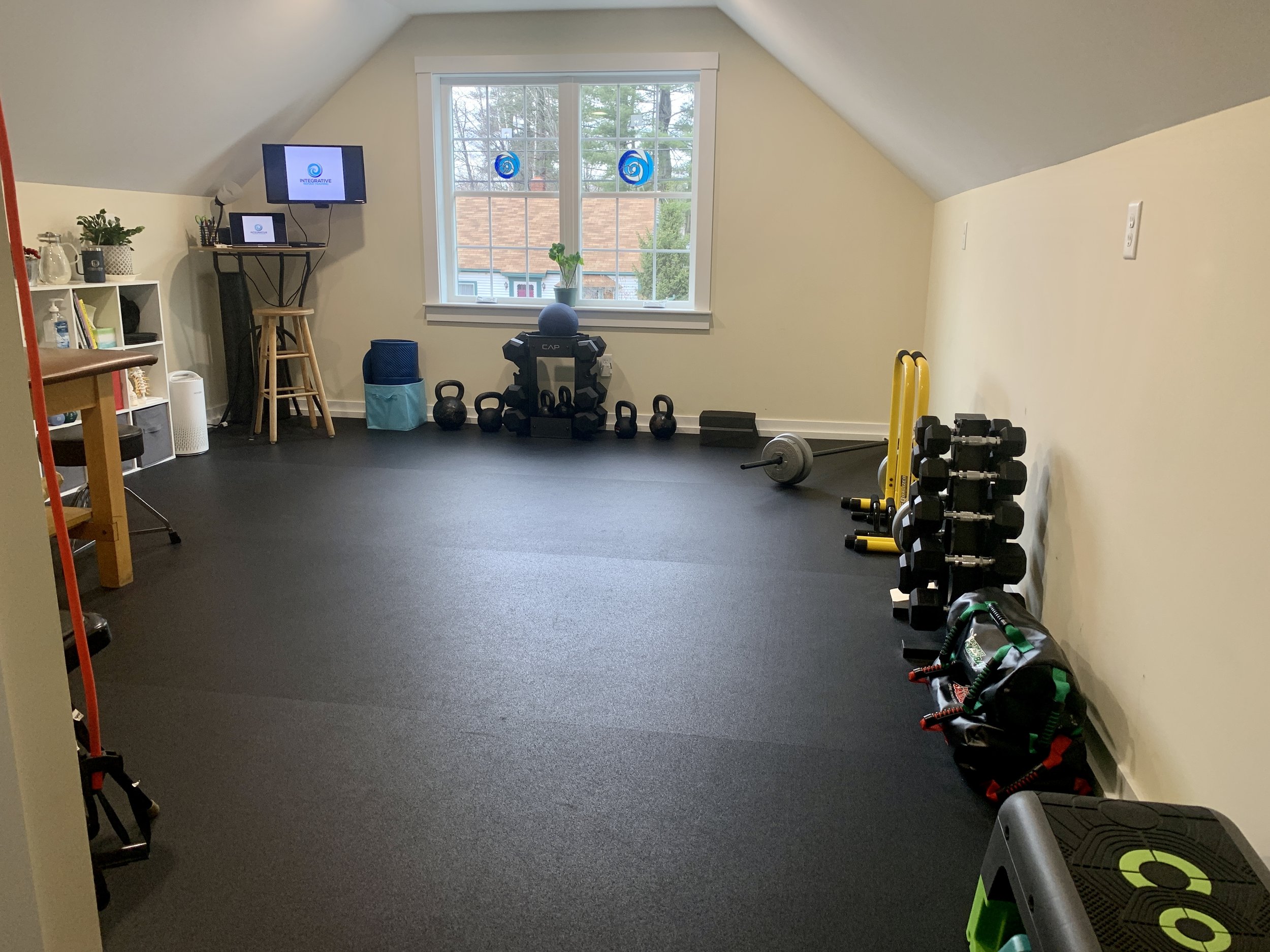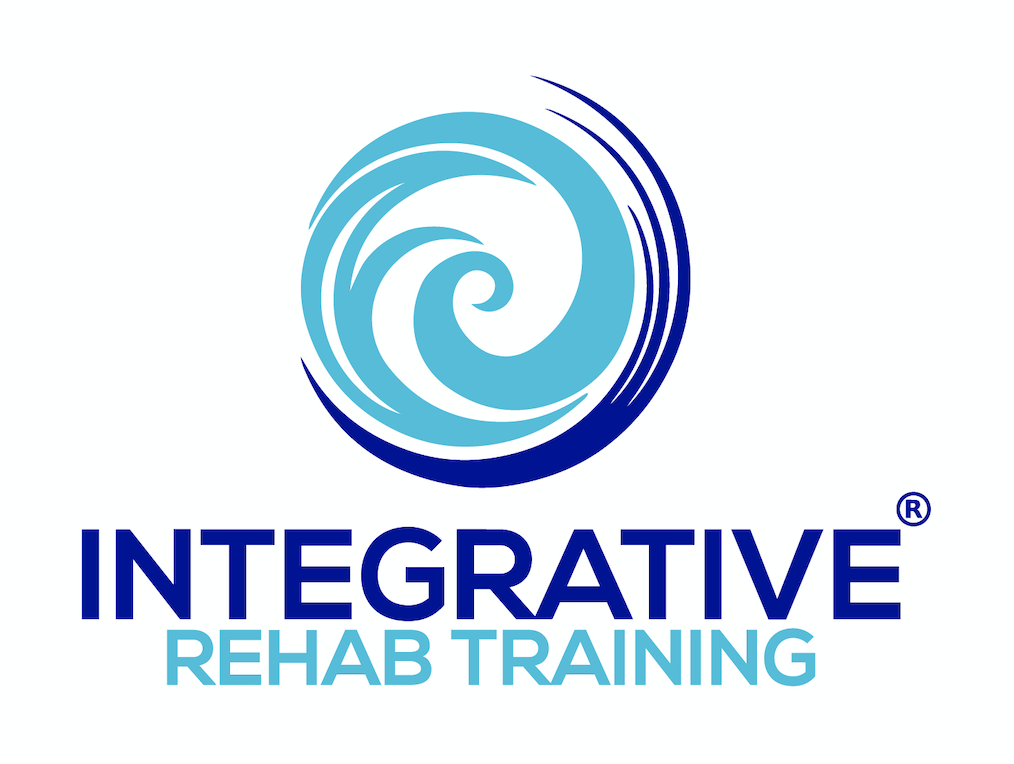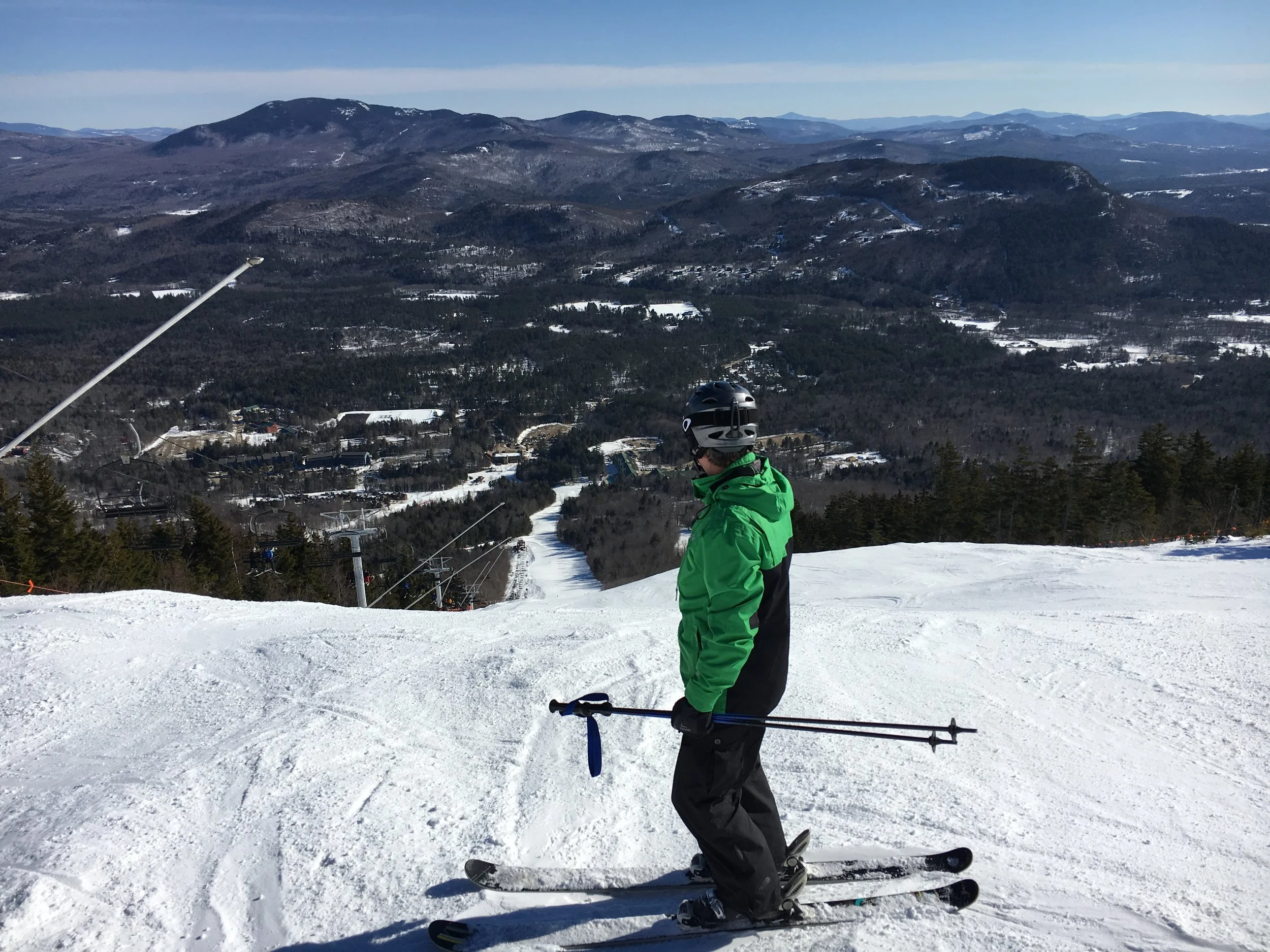Top things for a healthier, happier life
POSITION VS. “POSTURE”
“Posture” is an assumed position that is unsustainable the more rigid or fixed it is
“Positioning” yourself different ways when sitting, standing, doing work is optimal
Sitting and standing up “straight” is not optimal for our working system
Relaxed positioning allows for things to move
Sitting, standing and walking should be a lot less work—and use a lot less energy—than we have been making it out to be
Standing all day at work is not that much better than sitting all day.
Aim for 40 minutes of sitting, 10 minutes of standing and 3-5 minutes of walking (these numbers re variable)
When sitting or standing, shift weight lightly from side-to-side whenever you can
We are a system made of pumps and we need to move side-to-side for these pumps to work optimally
After performing the “Breathwork” activities below, you should be better able to sit and stand without feeling the need to “sit up straight”
BREATHWORK
We should, at various times during the day, be aware and consciously breath. The focus should be on inhalation through our nose and an easy exhalation as if you are sighing.
Taking a step further, with each exhalation in a cycle of 8-10 conscious breaths, try to exhale a little more each time. Inhale slower than you want a comfortable amount without your chest going up and forward and feeling the air go into the back and sides of your ribcage.
Taking it two steps further, inhale with focus on expanding your ribcage out and back, then exhaling and pausing for anywhere from 3-15 seconds, gradually increasing the pause each cycle.
Taking it to each side, feel the air go into the right front lower ribs and left midback when inhaling and try to exhale a little more out of the left front lower ribs.
Periodically during the day while sitting, sit with your back to a chair (without “lumbar support”) and inhale into the chair, especially on the left
EATING HABITS
Eat more vegetables than you'd think (or like to maybe?)
Chew food a few more times than usual—research suggests about 30 times depending on the type of food.
This aids in portion control, enjoyment of food, digestion and even elevates alertness resulting in improvements in cognitive function
Reduce exposure to packaged and processed foods
There’s almost always another, better option
Try to schedule regular family meals with as many family members as possible Make it a priority!
SUNSCREEN
Wear it!
SQUATTY POTTY
Get one and use it! It does more than you think….
LIFT & CARRY THINGS….
Whenever you can
Close to your body
MINDSET MAKEOVER
React less to the little things that don't matter
Any movement during the day is good
Seek ways to make movement happen
Inconveniences often provide opportunity
Many times they are much less of an inconvenience than your brain makes them out to be
REDUCE EXPOSURE TO:
Chemical-ly smells (cleaners, gas fumes)
Excessive loud noises repeatedly
Frightening images, especially those of real events (violence, beatings)
Electromagnetic fields (non-organic). See section on “Electromagnetic fields (EMFs)” on this website.
MINDFULNESS
Being aware of the present or the "now". Appreciate the moment, regardless of how tedious
Daily time to shut off "noise"
BSTS—Better Safe Than Sorry…. words to live by. Listen to that inner voice telling you to do or not do something
Interacting with others—especially loved ones!
Perform even menial tasks which you do regularly a different way
Put pants on leading with a different leg
Use your nondominant hand/arm for some things
Get up from sitting using a different leg than you might usually
Sit or stand with weight more to the left when you think of it
Rephrase your negative or stress-producing thoughts and words
SHAPE-SHIFT YOUR MIND:
“I’m tired” becomes “I’m looking forward to catching up on sleep”
“I’m really busy” should be “I’ve got lots of great things going on”
“I’m stressed because of….” should prioritize how many of those things truly matter
“Because [such and such] is a problem” should be “I’m going to work on…”
Your brain is constantly playing tricks on you, so you should try to play tricks on it
LAUGHTER
Ask yourself if you really laughed at the end of each day
EXERCISE
Live life as exercise
Efficiency is not always the best choice
Make things a little more work than usual
Park farther away, whenever you can
No drive-throughs
Take the stairs
Make daily activities deliberate
Walk, outside, whenever able
Take more trips to and from the car, up and down stairs and such with things
SLEEPING
Strive to get 7-8 hours every night on as a consistent schedule as possible
Use a contour pillow (something that provides a little support for the neck)
Stay off your stomach
When sleeping on sides, use a pillow between the knees
When sleeping on back, use a pillow under knees
Make the room as dark as you feel safe doing
Shut down electronics an hour before going to bed
Read instead of watching television in bed
Take 6-10 slow, full breaths before going to sleep (see “Breathwork”)
GROUNDING
Get on and off the ground in various ways throughout the day
This would include half kneeling to put on socks and shoes and tying them
Playing with your children on the floor
Play with your animals on the floor
Perform at least some exercise on the floor
Practice Earthing regularly. See section on “Earthing” on this website.
